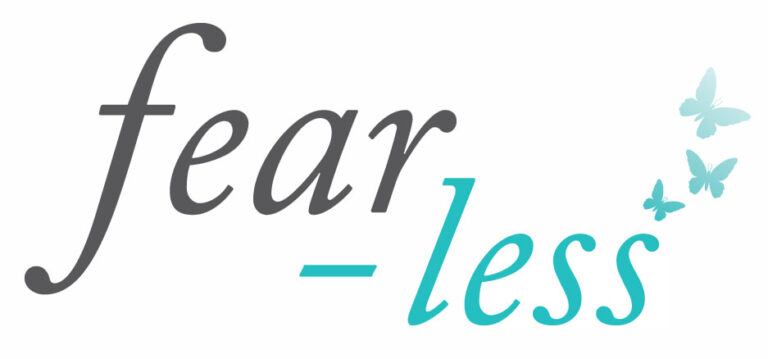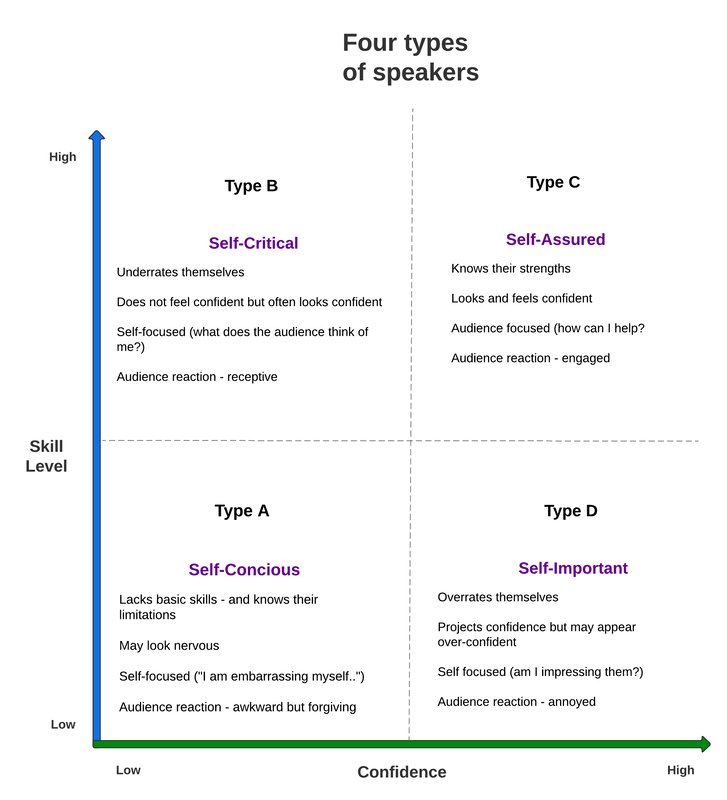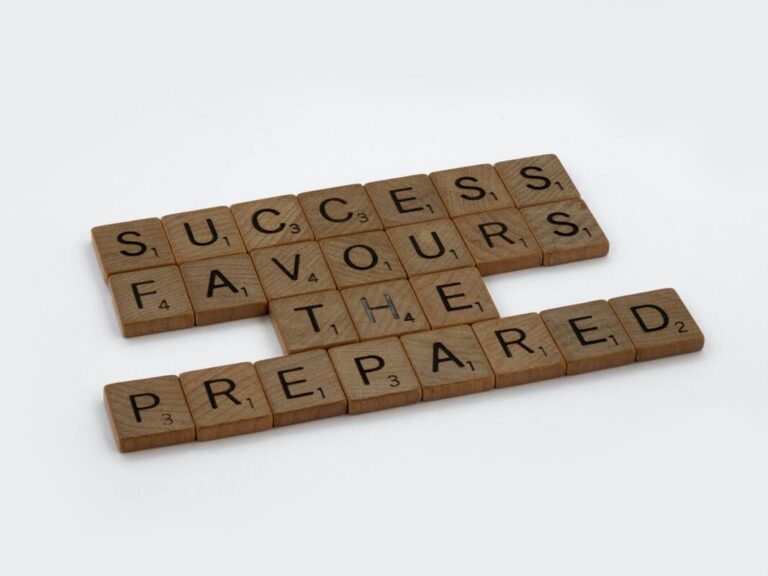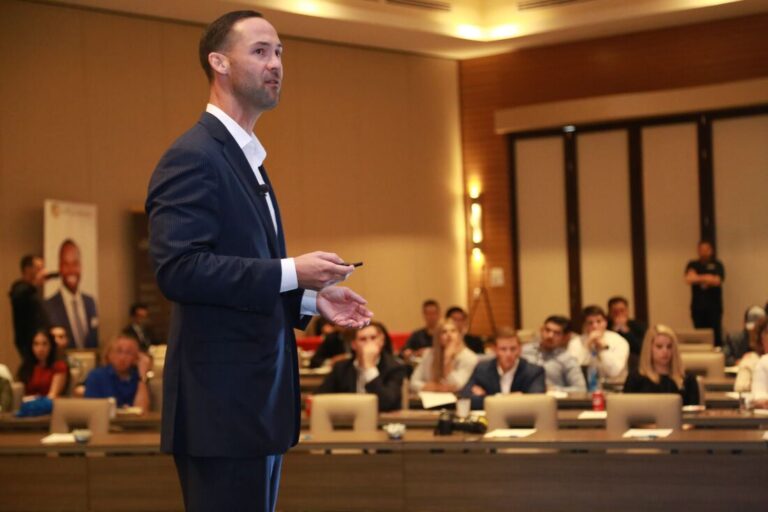The Fear-Less Public Speaking Blog
You will find articles here, mainly about public speaking nerves. These articles feature many of my clients and their stories about dealing with public speaking anxiety.
If you are interested in a course or one-on-one coaching, see what others say for direct testimonials.
A Three-pronged Approach to Dealing With Public Speaking Anxiety

If previous attempts to tackle your fear of public speaking have failed, this article is for you. It explains why learning public speaking skills, practice (preferably in a safe environment), and mindset shifts can work together to help you overcome a fear of public speaking....

Why It Is OK to Be a Nervous Speaker!

The number one goal of people who do my Fear-less public speaking course is to become a confident speaker. Their number two goal is to get rid of the nerves. With a bit of work, anyone can become a confident speaker, but getting rid...

The Fear-less Public Speaking Blog Turns 5! : A comprehensive guide to what is in it and what you may have missed.

I started the Fear-less blog 5 years old and have written more than 50 articles. I aim to write one a month – sometimes I wonder whether I will run out of ideas for new articles – but it hasn’t happened yet!I get about 10,000...

Becoming a More Confident Speaker Takes Two Things – Courage and Practice

Today’s blog post has a simple message. Everyone wants to become a more confident presenter. But confidence is not something that just happens. It takes courage and practice to become more confident. Confidence is the number one thing people who fear public speaking want to gain. “I want to...

How to Stop Public Speaking Anxiety From Spiraling

I am always looking for new ways to help people reframe their anxiety about public speaking, so I was thrilled to come across this TED talk by Lisa Damour – “3 steps of anxiety overload — and how you can take back control”.She explains the three...

How to Avoid the Dreaded Public Speaking Mind Blank – And What to Do if It Happens!

Ever had the experience of going blank in front of an audience? Forgetting what you were going to say and starting to panic? Or had an ‘out of body experience’ where you could hear yourself talking (even waffling)?! You may have felt like a horrified...

Fear of Public Speaking? Your Job Could Be the Problem.

I encourage people to talk about something they know and care about when they do the first speech for one of my courses. It requires little preparation, but more importantly, it eliminates one possible source of anxiety for people – having to talk about something...

How to Survive Giving a Special Occasion Speech (And Even Enjoy It!)

Most courses I run have at least 1 or 2 people attending because they have a wedding speech looming.I also have clients who are still haunted by a ‘disastrous’ wedding speech in the past. For example, someone recently told me that he was nervous the...

How a Lack of Confidence Can Stop a Good Public Speaker From Being Great

Skilled speakers exude confidence, right?Not necessarily. Many reasonably good speakers suffer from intense self-doubt, which ruins the experience of speaking for them and holds them back from becoming great speakers. If you are an anxious speaker, you have probably decided you are rubbish at it...

If You Are Avoiding Public Speaking You Are Not Alone – But You Are Not Doing Yourself Any Favours.

I run courses for people with public speaking anxiety. In the pre-course questionnaire, 80% of participants say that they avoid public speaking if they possibly can. They turn down opportunities, get ‘sick’ on the day, ask others to step in for them, and even turn...

Six Tips to Help You Get the Most From Your Public Speaking Course

So, you have finally decided to do something about your public speaking anxiety and signed up for a course. Congratulations – you have taken a great first step!As a public speaking coach, I see so many people get amazing results – but not everyone gets...




